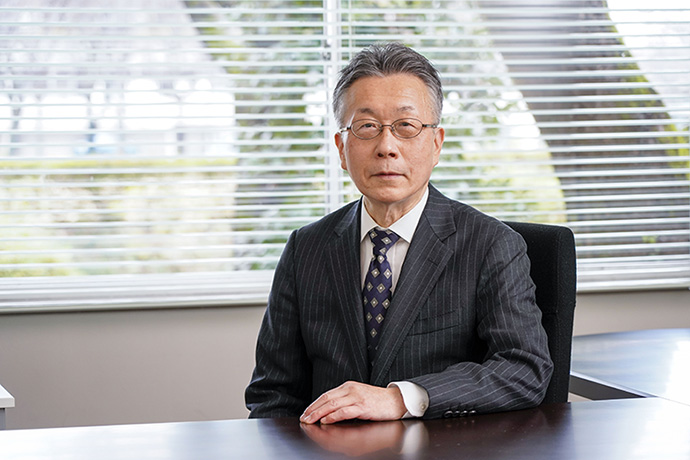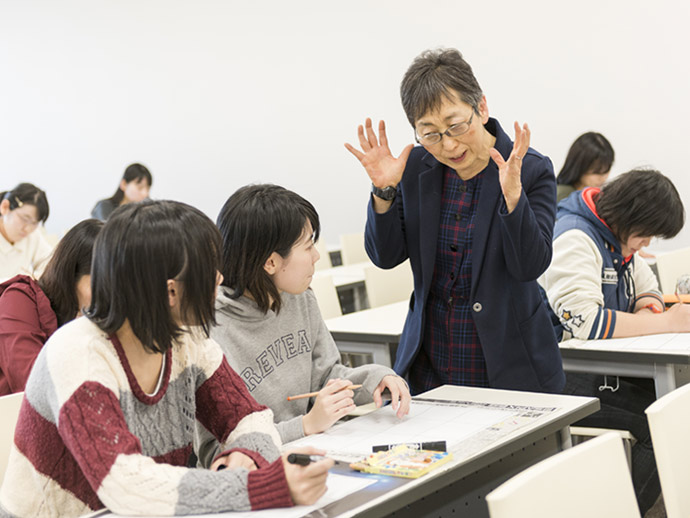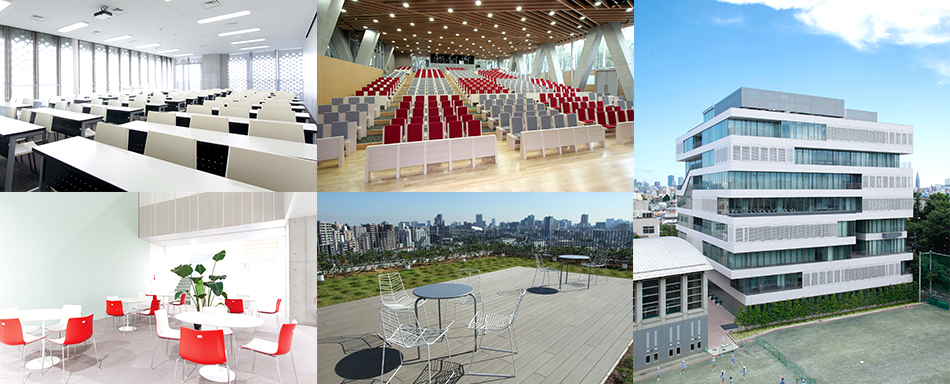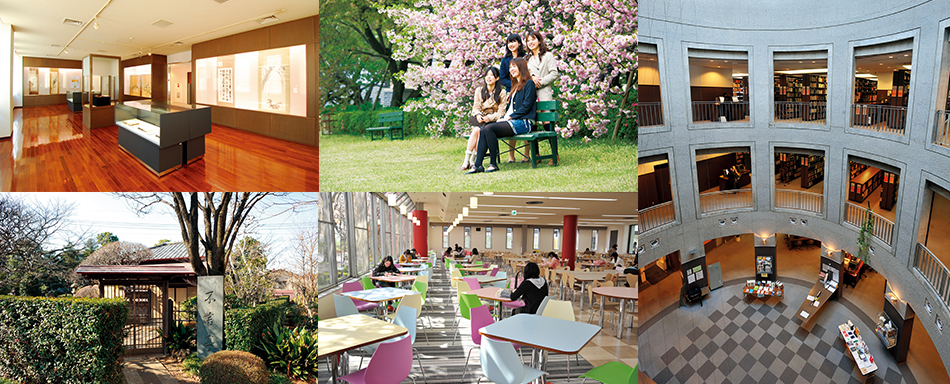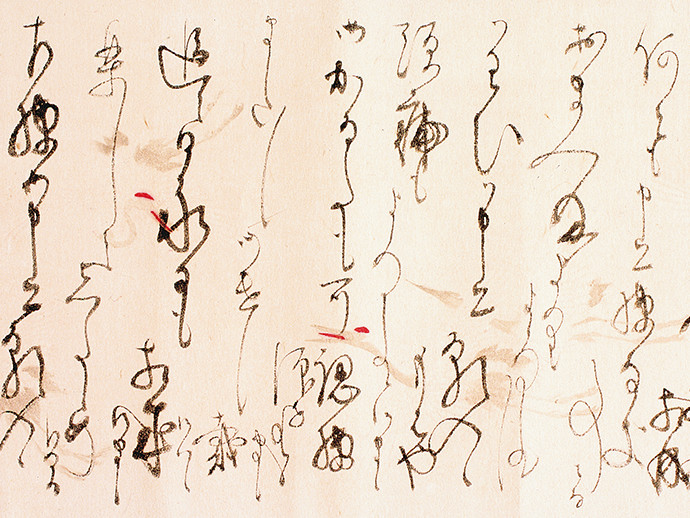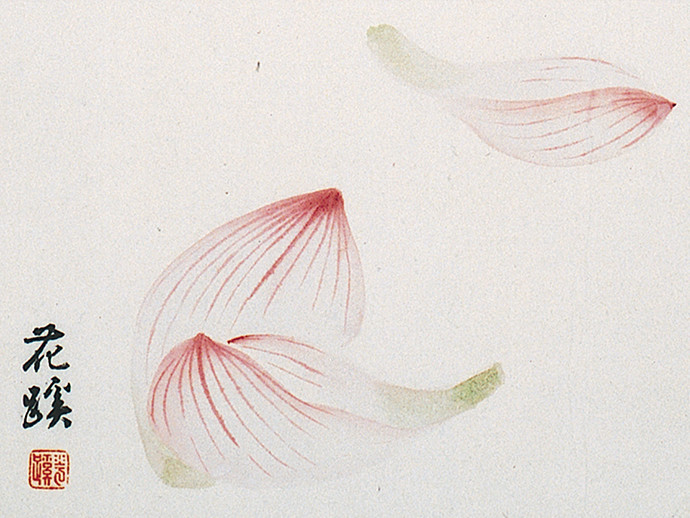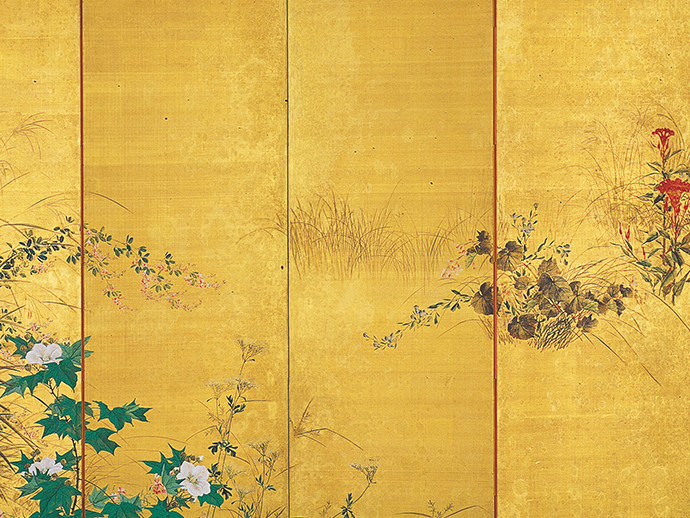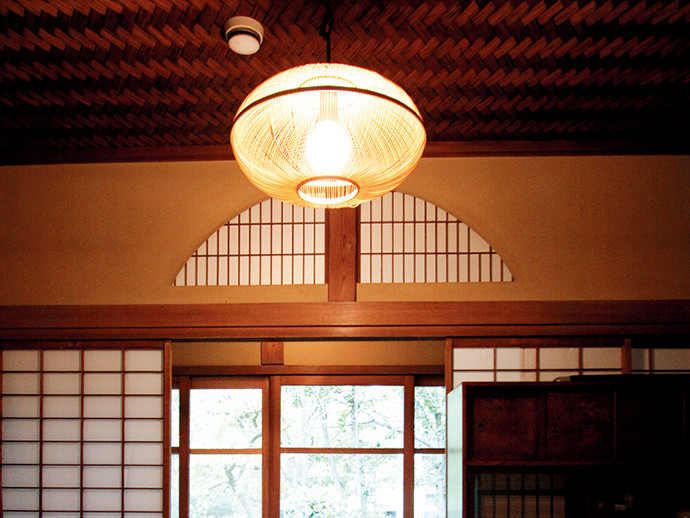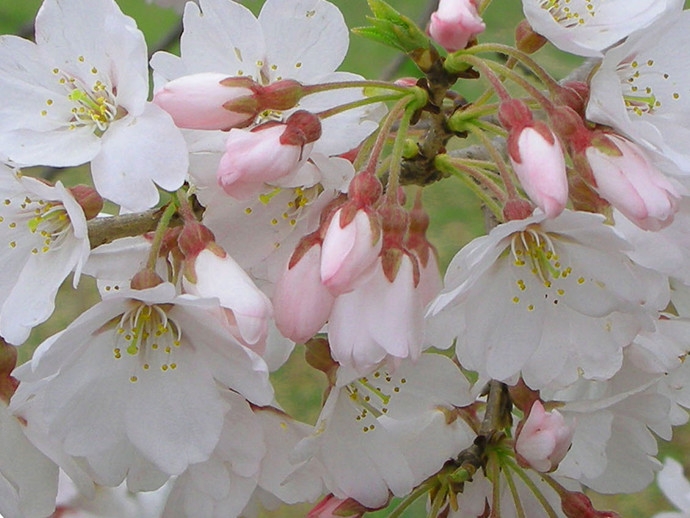For women's self-realization
Kakei Atomi established Atomi Gakuen in 1875, during the dawn of modern education in Japan. In 1872, the first law on education in Japan, called the Gakusei (School System), was promulgated, advocating public education, and stating that all people, regardless of social position or gender, would be provided with the same educational opportunities.
In fact, however, women were not guaranteed the opportunity to learn. While men were given priority in schooling, women’s aspirations to study were suppressed and they were not included in the educational system under the belief that “women do not need to study.” Indeed, there was a longstanding view that education made women unhappy. Ichiyo Higuchi was born in 1872, and her last year of education was in the fourth grade of elementary school. She had to give up on going to school due to her mother's strong opposition. “I am so upset I could die, but I have to stop going to school.” – Ichiyo wrote about her feelings of regret at that time in her diary.
Kakei’s resolution to establish a private women’s education institution in the days shortly after the enactment of Gakusei can be seen as a breakthrough that was ahead of its time.
At the core of the educational philosophy of Atomi University is to nurture “autonomous and self-reliant women.” Today, 150 years after the founder, Kakei Atomi, opened a new stage in female education, opportunities for women to learn are guaranteed. But that is not the only thing that matters. It’s up to each person to make the most of these opportunities. Women are now expected to play active roles in every aspect of life, and so they need to be able to enhance their social presence throughout the course of their lives; that is, they need to develop for themselves the ability to design their own careers. We believe that it is the mission of our university, which inherits the educational philosophy of Kakei Atomi, to provide a place for women to learn to become “autonomous and self-reliant women” while opening up new horizons of knowledge and discovering new possibilities during their four years of university life.
We are now faced with a situation where the old “normal” no longer applies, due to the COVID-19 pandemic. It is fair to say that we are being forced to change our conventional systems and values. Education is no exception in this regard. We find ourselves in a difficult situation where the “normal” way for students to gather on campus, learn together, and engage in discussion is being lost.
Looking back, the period from the end of the Edo era to the Meiji era, in which Kakei Atomi lived, was also a turbulent time in which conventional systems and values were forced to change. Under those circumstances, Kakei looked ahead and devoted herself to the creation of a new value in women’s education – making it something “normal.”
Since its foundation in 1965, the University has been working on improving its educational system, and in 2002, it became the first women's university to establish a Faculty of Management, reforming itself according to the changing times. Always discern what is needed in women’s education and support women to achieve self-realization. This is a universal mission for Atomi University.


